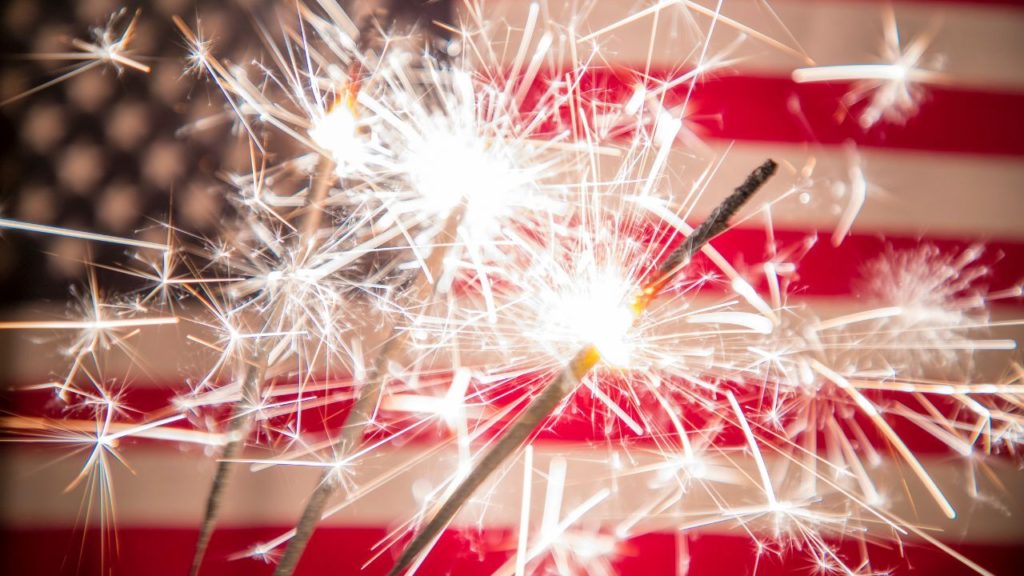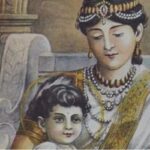Fourth of July: 5 religious references in the Declaration of Independence

The Declaration of Independence, the document unanimously adopted by the U.S. Continental Congress on July 4, 1776, is primarily a political document asserting the colonies’ independence from British rule. However, it does contain religious references that underscore the moral and philosophical ideals of the nation’s founders.
Here’s a closer look at its religious language:
- It acknowledges a divine creator
The opening lines of the Declaration of Independence establish a religious foundation by acknowledging the existence of a higher power. It declares that certain truths are “self-evident” and that all men are “created equal.” This phrase carries profound religious implications, suggesting that human equality is an inherent and God-given right. By attributing human creation to a divine Creator, the Declaration reinforces the belief that natural rights originate from a higher source, transcending any earthly authority.
- It’s endowed by this creator
One of the most iconic religious references in the Declaration is found in its second paragraph, which proclaims that individuals are “endowed by their Creator with certain unalienable Rights, that among these are Life, Liberty, and the pursuit of Happiness.” This assertion implies that human rights are not granted by governments or rulers but are inherent and inalienable gifts bestowed by the Creator. The language suggests a belief in the divine origin and permanence of these rights, grounding them in a higher moral order.
- Divine providence and moral obligation
The Declaration of Independence alludes to the concept of divine providence, suggesting a belief that a higher power guides the course of human events. In its closing sentence, the document invokes “the protection of divine Providence” and emphasizes a shared commitment to the “support of this Declaration.” By appealing to divine Providence, the drafters underscored their conviction that their cause was just and that the success of their endeavor relied on a higher power’s intervention.
- Moral imperative and resistance to tyranny
Embedded within the Declaration’s text is a moral imperative to resist tyranny and oppression. The document asserts that governments derive their “just powers from the consent of the governed” and that it is the right and duty of the people to “alter or abolish” a government that becomes destructive of their natural rights. This sentiment echoes religious ideas of moral accountability and the responsibility to stand against injustice, drawing upon a long history of religious resistance to tyranny.
- Inspiration from natural law and religious morality
The philosophical underpinnings of the Declaration of Independence draw heavily from natural law theory, which posits that certain moral principles are inherent in nature and accessible to reason. Many of these ideas were influenced by the Judeo-Christian tradition, emphasizing the intrinsic value of human life, the pursuit of justice, and the dignity of the individual. The inclusion of religious references in the Declaration reflects the conviction that religious morality and natural law converge to establish a just society.
These religious references reflect the belief that the cause of liberty and self-governance was not only a political aspiration but also a moral imperative grounded in a higher moral order.



